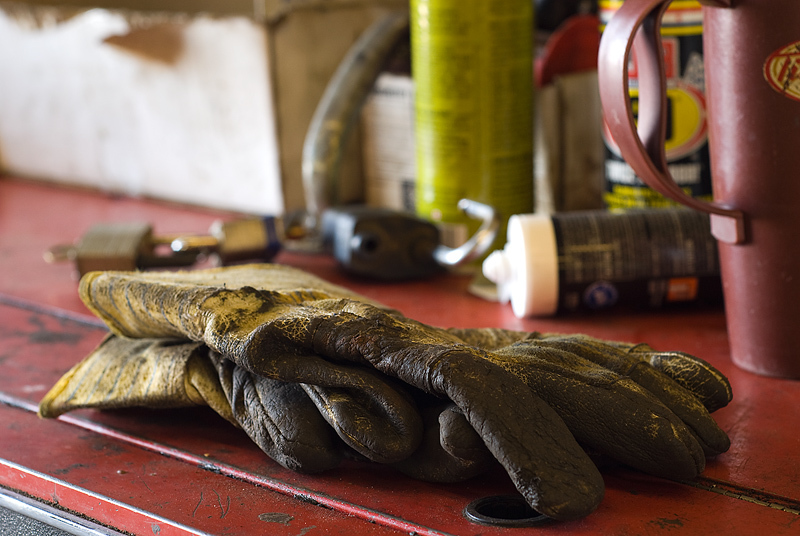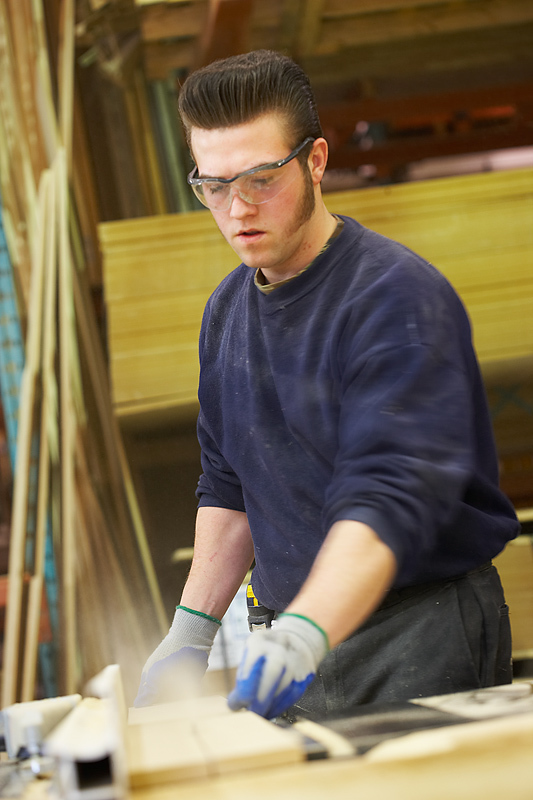The decision as to whether or not to replace any form of PPE is covered by an assessment of what is known as 'reasonable diligence'.
An employer can be subject to legal action if they are shown not to have practised reasonable diligence and acted appropriately when it comes to www.hse.gov.uk/coshh/basics/ppe.htm PPE renewal. Knowledge and past experience of certain work processes, various site locations, specific material hazards or the likely nature of any possible unexpected events all have an impact on any question of reasonable diligence.
This is particularly important for both employers and their employees as culpability or responsibility for any incidents that may occur can have legal ramifications in cases of compensation or injury claims.
If an employer is found to have acted incorrectly or has failed to enforce adequate work rules and training programmes regarding the use and implementation of PPE they can be liable for serious consequences in terms of legal sanctions and potential compensation payouts.
So it is clearly in the interests of workers and employers to know when their protective work wear should be replaced.
Soiling
Protective wear of all kinds can become heavily soiled through simply day to day use. Spills, stains, burns and general wear and tear can mean that effectiveness is degraded.
Specific health and safety regulations may apply for employers in particular industries to determine how often supplied clothing such as gloves for work need to be renewed or replaced, but even those who are self employed are bound by the regulations. This can make it difficult to balance between need and potentially expensive outlay but safety must always come first.
Wear and tear
No matter how well designed or made for specific situations PPE may be, work wear has to stand up to more wear and tear than everyday clothes. One way to make sure that the question of when to replace items is not an issue is to use disposable or 'single-use' items.
Gloves
Work gloves are one of the most used items that fall under the tag of Personal Protective Equipment (PPE). As with any other item, the ongoing effectiveness of work gloves involves making sure that they should always be fit for purpose and if there is any doubt about this, replacements should be issued immediately.
PPE gloves need not address specific hazards, especially in industries such as construction where worker mobility may mean a range of different hazards are encountered in a short time across different locations, but should offer protection against general threats including cutting, rubbing, burning and general injury.
There are then more specialised versions which can be manufactured to protect against chemical or thermal hazards or simply provide increased gripping abilities.
When gloves become affected by the hazards they are meant to protect against, or are simply the victim of general wear and tear, it can be obvious that they need replacing. More specialised items that protect against liquid irritation or contamination may be more difficult to assess and need more careful attention.
Coveralls
These are one of the most used items of work wear as they are essentially a range of different a one-piece garments which cover the torso, arms and legs and are found in wide selection of industries for various uses.
Overalls, one-pieces, coveralls or boiler suits come in a wide variety of styles and materials. From lightweight versions that are perfect for painting and decorating and are sometimes made from tough paper materials through to more specialist items such as flame retardant boiler suits, the basic design means that there is a set perfect for almost every job.
Overalls, one-pieces, coveralls or boiler suits come in a wide variety of styles and materials. From lightweight versions that are perfect for painting and decorating and are sometimes made from tough paper materials through to more specialist items such as flame retardant boiler suits, the basic design means that there is a set perfect for almost every job.
Again, it is often obvious when replacements are needed as tears, rips or other damage can reduce effectiveness in any garment, whilst continued exposure to hazards will degrade any more specialist items over time.
Tony Skelton is founder of Independent UK supplier of health and safety PPE equipment for the workplace, Intersafety.





